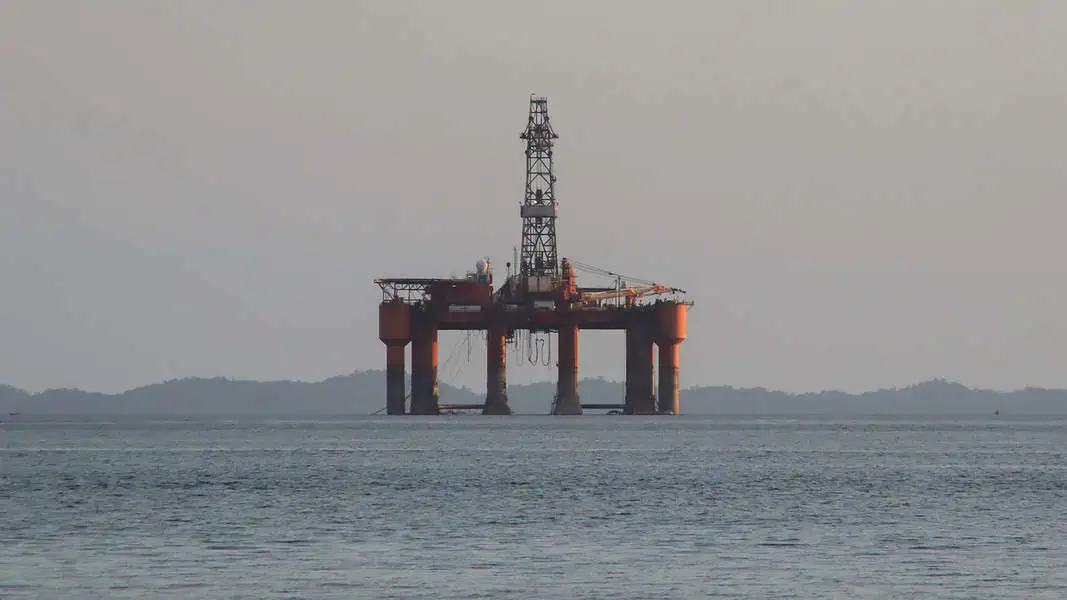Environmental groups are applauding a US court’s decision that strikes down an assessment used to govern how to protect endangered marine species from offshore oil and gas drilling in the Gulf of Mexico.
The US District Court for the District of Maryland last week struck down a federal agency assessment that governs how endangered and threatened marine species should be protected from Gulf of Mexico offshore oil and gas drilling.
The National Marine Fisheries Service prepared the required assessment, known as a “biological opinion,” under the Endangered Species Act. The opinion is required to ensure that Gulf fossil fuel exploration and drilling will not jeopardize endangered and threatened species. The biological opinion was issued in April 2020.
Chris Eaton, senior attorney with environmental group Earthjustice’s Oceans Program, said of the court’s decision:
“The court’s ruling affirms that the government cannot continue to turn a blind eye to the widespread, persistent harms that offshore oil and gas development inflicts on wildlife. This decision means the Fisheries Service must comply with the law to put in place meaningful safeguards for the Gulf’s rarest marine species.”
Earthjustice filed suit in 2020 challenging the Gulf biological opinion on behalf of the Sierra Club, the Center for Biological Diversity, Friends of the Earth and Turtle Island Restoration Network. The groups argued the biological opinion didn’t adequately evaluate the potential for future oil spills in the Gulf of Mexico and didn’t require sufficient safeguards for imperiled whales, sea turtles and other endangered and threatened marine species from industrial offshore drilling operations.
The court found the biological opinion violated the law in multiple ways: Among other flaws, the opinion wrongly assumed a catastrophic oil spill like the 2010 BP Deepwater Horizon will not occur despite NMFS’s own analysis finding such a spill can be expected, according to Earthjustice. It assumed Gulf wildlife populations were unaffected by the BP spill despite the evidence to the contrary. It failed to protect the Gulf of Mexico Rice’s whale — one of the world’s rarest whales — from extinction as a result of oil and gas activity. And it lacked legally required mechanisms to monitor harm to species.
Pressure by the oil industry to drill deeper and farther from the coastline makes the chances of a catastrophic spill worse, Earthjustice added.
According to Sierra Club Senior Attorney Devorah Ancel:
“The court’s ruling requires the National Marine Fisheries Service to fix its flawed analysis of the effects of offshore fossil fuel development on endangered whales, rare turtles, and vital Gulf of Mexico ecosystems upon which these species’ survival depends. Now the agency has a chance to get the biological opinion right and properly evaluate the devastating impact offshore drilling and exploration has on the Gulf’s protected endangered and threatened marine species. These species, including the critically endangered Rice’s whale, need protection from the daily costs and catastrophic risks associated with offshore oil drilling.”

